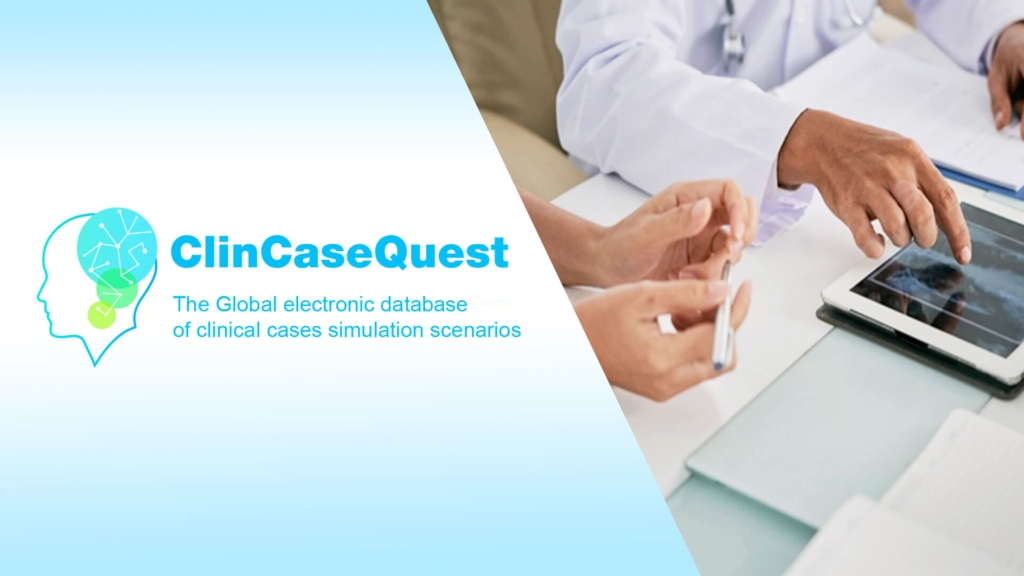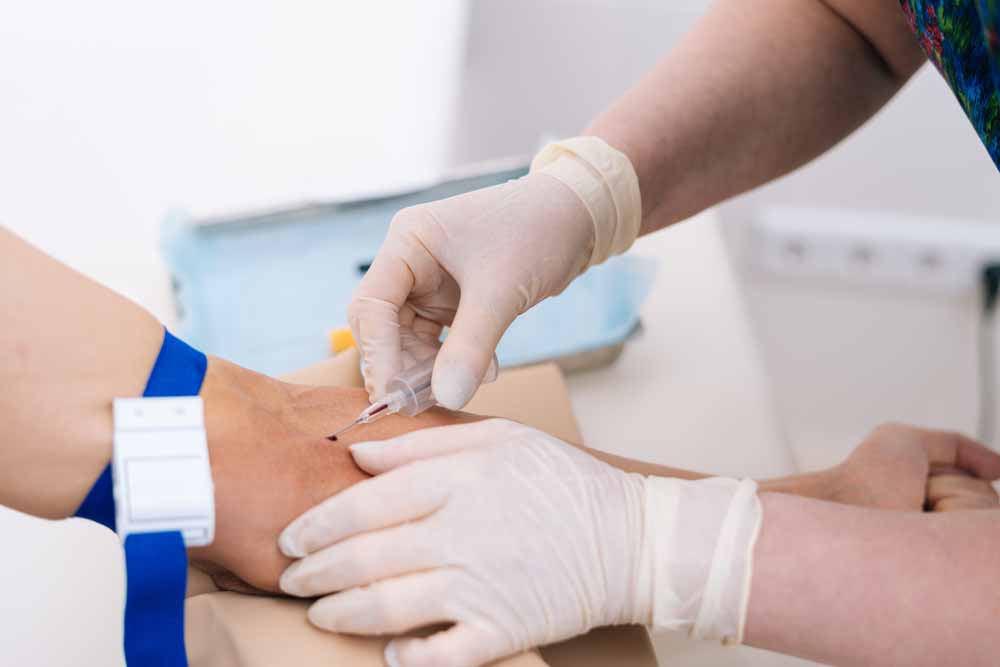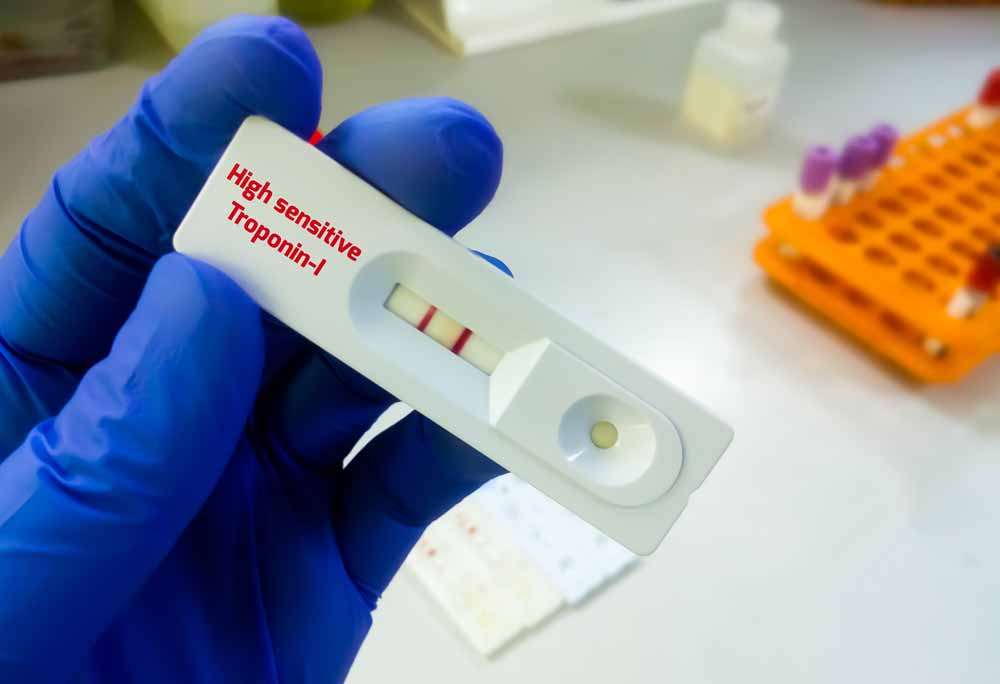Ethical aspects of the implementation of the “Global electronic database of clinical case scenarios “ClinCaseQuest”” in the educational process of medical educational institutions

For each participant in the educational process – student, doctor, teacher, patient – a whole set of advantages of integrating the traditional training system with the “Global electronic database of clinical case scenarios “ClinCaseQuest”” can be distinguished.
Advantages of introducing the “Global electronic database of clinical case scenarios “ClinCaseQuest”” into the educational process for a student or a doctor:
- improving the quality of the education received, thus, access to a large number of various clinical situations including rare ones;
- personality-oriented approach to learning;
- flexibility of education (the educational process at a convenient time, in a convenient place and at a convenient pace) – the ability to choose your own learning topics, the absence of territorial restrictions for training (Internet access), access to high-quality educational content anytime and anywhere (availability on modern devices – phones, tablets, computers, etc increase the mobility of learning);
- high adaptability of educational material – audio and video materials, modern methods of diagnosis and treatment;
- stimulation of active cognitive activity, the development of logical thinking, analysis, generalization, systematization and evaluation of information, increasing motivation for self-learning, the formation of new competencies, the implementation of creative potential (development of research and creative abilities), the development of skills to use the accumulated theoretical knowledge from the point of view of specific problem tasks (clinical case), which are the basis of the doctor’s daily activities;
- reducing the barrier between theoretical knowledge and practical skills;
- the ability to control your own progress;
- on-the-job training in asynchronous mode;
- high adaptability of learning (using all modern educational trends).
At the same time, of course, virtual patients cannot replace the experience gained during real communication with the patient.
Advantages of implementing the “Global electronic database of clinical case scenarios “ClinCaseQuest”” into the educational process for the teacher:
- improving the quality of education;
- a multi-thematic database of clinical cases facilitates the daily activities of a teacher and makes it possible to demonstrate rare and difficult clinical situations;
- mass audience (a large number of students can study teaching materials in synchronous and asynchronous modes);
- the possibility of using a variety of pedagogical technologies, methods, forms and resources of interaction between all participants in the educational process;
- the ability to control the educational process, the development of students’ knowledge and skills and the ability to track their progress;
- stimulation of active cognitive activity of students or doctors, the development of their logical thinking, the ability to analyze, generalize, systematize and evaluate information, increase motivation for self-learning, the formation of new competencies, the implementation of creative potential (development of research and creative abilities) and the development of skills to use the accumulated theoretical knowledge in within the framework of specific problematic tasks (clinical case), which are the basis of the doctor’s daily activities;
- objectification and automatic system for assessing students’ knowledge
The benefits of implementing “Global electronic database of clinical case scenarios “ClinCaseQuest”” for the patient are that the clinical experience in a virtual environment does not pose a risk to the patient and, most importantly, the patient ultimately receives better medical care.
The introduction of simulation trainings based on information and educational web technologies has a number of differences and advantages over traditional methods: students, residents, cadets who have previously completed additional simulation training make fewer mistakes; the duration of the classes does not depend on external factors and they can be held at a convenient time; repetitions of exercises are not limited; you can unlimitedly imitate rare pathologies, conditions and interventions; less stress during the first independent manipulations; the level of training is assessed objectively, this allows training without a teacher; an objective assessment provides ample opportunities for testing, certification, accreditation; practical experience is acquired without risk to the patient.
Benefits of simulation training:
- clinical experience in a simulation environment without risk to the patient;
- an objective assessment of the achieved level of skill;
- unlimited number of repetitions of skill development;
- training at a convenient time, regardless of the clinic’s work;
- practicing actions for rare and life-threatening pathologies;
- part of the teacher’s functions is taken over by a virtual simulator;
- reduction of stress during the first independent manipulations.
Register on our website right now to have access to more learning materials!





